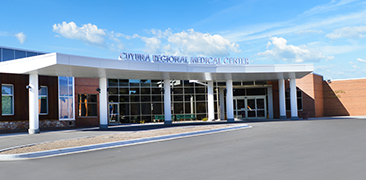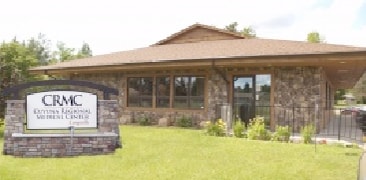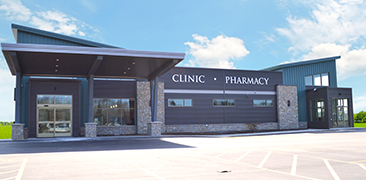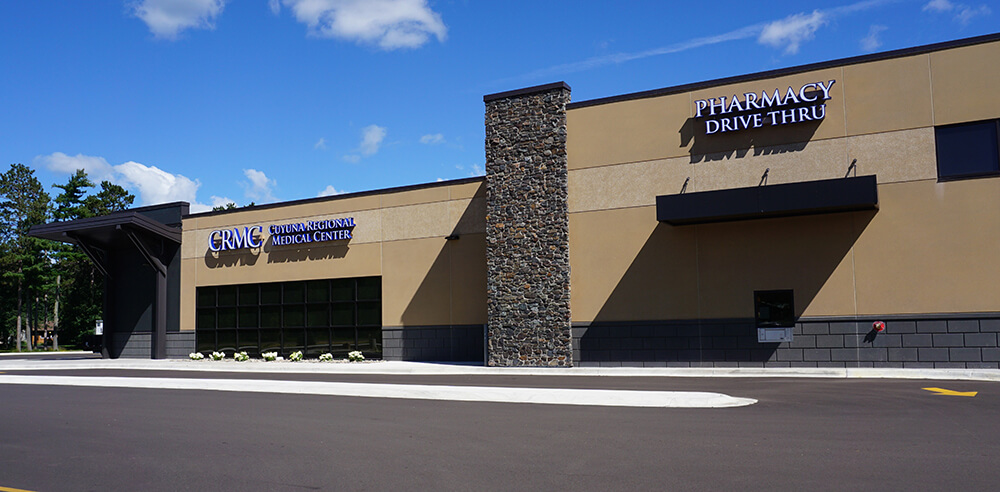An ectopic pregnancy occurs when a fertilized egg grows outside of the uterus. Almost all occur in a fallopian tube. As the pregnancy grows it can cause the tube to burst causing major internal bleeding. This can be life threatening and need to be treated with surgery.
In some instances, if the tube has not ruptured it can be managed medically or surgically.
Who is at Risk?
Women who are sexually active and of childbearing age are at risk. Women who have abnormal fallopian tubes are also at higher risk. Abnormal tubes may be present in women who:
- Pelvic inflammatory disease
- Previous ectopic pregnancy
- Infertility
- Pelvic or abnormal surgery
- Endometriosis
- Sexually transmitted disease
- Prior tubal surgery
Other factors that increase a women’s risk include:
- Cigarette smoking
- Exposure to the drug diethylstilbestrol (DES) during her mother’s pregnancy
- Increase age
Symptoms
If an ectopic pregnancy can be identified early, it can be treated before the tube bursts. Many of the symptoms include those of pregnancy such as tender breasts and an upset stomach. Symptoms can also include:
- Abnormal bleeding: bleeding that is not at the time of your menstrual period. This may be heavy or light.
- Abdominal or pelvic pain: This can be sudden and sharp or come and go. May only occur on one side.
- Shoulder pain: If blood for a ruptured tube builds up under the diaphragm this can cause pain that is felt in the shoulder.
- Weakness, dizziness or fainting: This can happen from the loss of blood.
If you have any of these symptoms contact your health care provider.
Diagnosis
If your health care provider believes you may have an ectopic pregnancy they will:
- Perform a pelvic exam
- Check your blood pressure and pulse
- Perform an ultrasound of the pelvis
Conduct a blood test checking the level of the hormone human chorionic gonadotropin (hCG). This is produced when a woman is pregnant.
Tests to confirm an ectopic pregnancy take time and results might not be available right away. If it is suspected that you have a ruptured ectopic pregnancy emergency surgery will be needed.
Treatment
Ectopic pregnancy can be treated with medication or surgery. If your health care provider believes you have an ectopic pregnancy they will discuss the best treatment options with you based on your condition and future plans for pregnancy.
Medication: If the pregnancy is small and has not reputed, medications can be used to treat. The medication helps to stop the growth of the pregnancy and permits the body to absorb over time. Allowing the women to keep her fallopian tube.
Methotrexate is the most common medication used to treat an ectopic pregnancy. The medication is administered by injection in one dose. In some cases, several doses may be given over a period of days.
During this treatment, you should avoid:
- Alcohol
- Vitamins containing folic acid
- Nonsteroidal anti-inflammatory drugs such as ibuprofen
- Sex
Side effects include:
- Abdominal pain
- Vaginal bleeding or spotting
- Nausea
- Vomiting
- Diarrhea
- Dizziness
While taking the medication the risk of a tubal rupture does not go away. Please see your health care provider right away if you have any of the following symptoms:
- Sudden, severe abdominal pain
- Major increase in abdominal pain
- Heavy vaginal bleeding
- Dizziness, fainting or rapid heartbeat
Surgery: If the pregnancy is small and has not ruptured, in some cases the pregnancy may be removed through a small cut in the tube during a laparoscopy. The procedure will be done in the hospital with general anesthesia. A larger incision in the abdomen may be needed if the pregnancy is large or blood loss is a concern. Some or all of the fallopian tube may need to be removed.
It the tube burst, emergency surgery will be needed to stop the bleeding promptly. If little damage has been done to the fallopian tube they may try to repair it. But often a ruptured tube must be removed.
Finally. . .
Ectopic pregnancy can threaten your health and well-being. Prompt treatment can help prevent complications. If you have any symptoms it is best to seek treatment quickly.
Emotional and physical healing after a pregnancy loss is vital. Counseling may be helpful to you and your partner. Allow enough time for healing before trying to get pregnant again.











